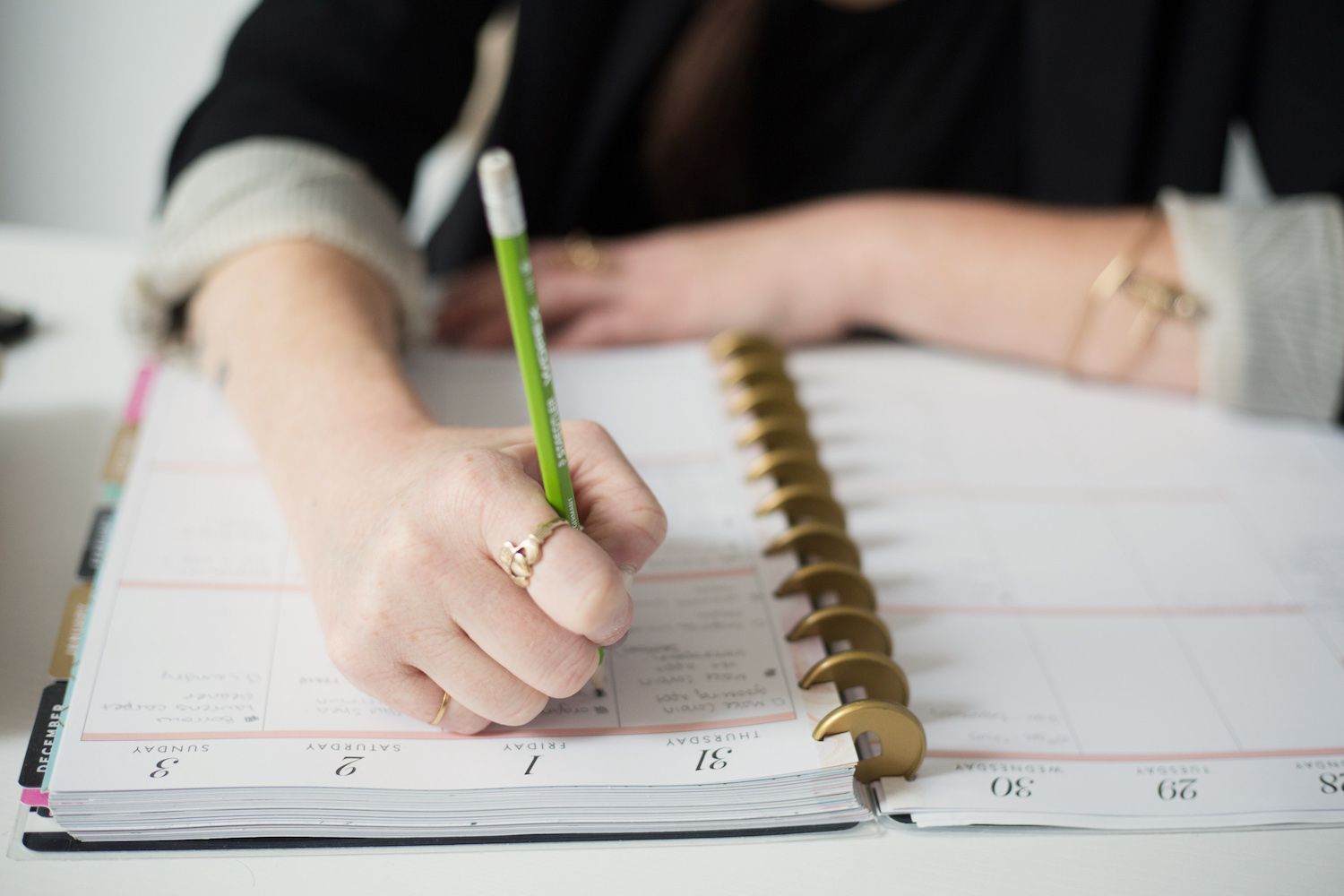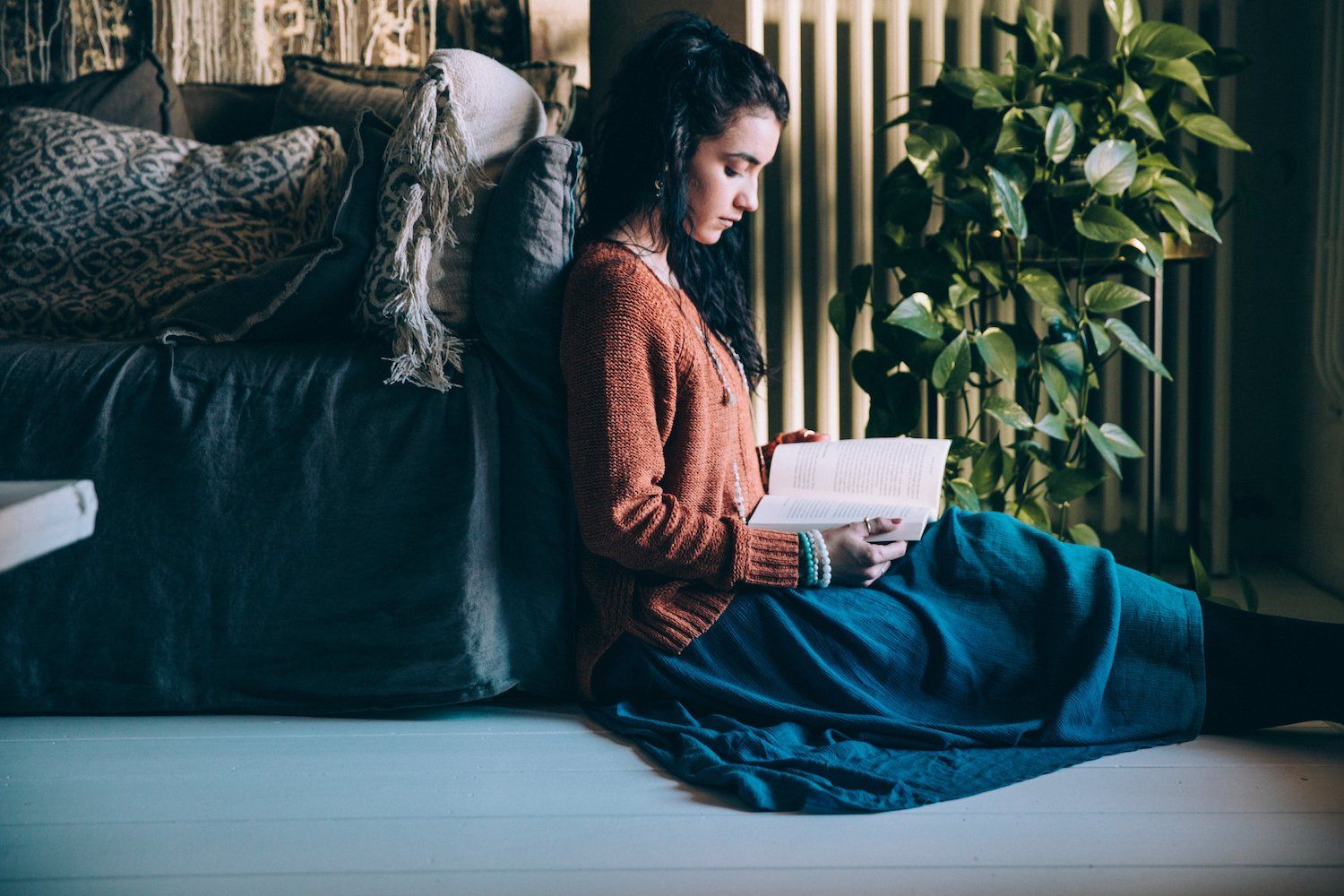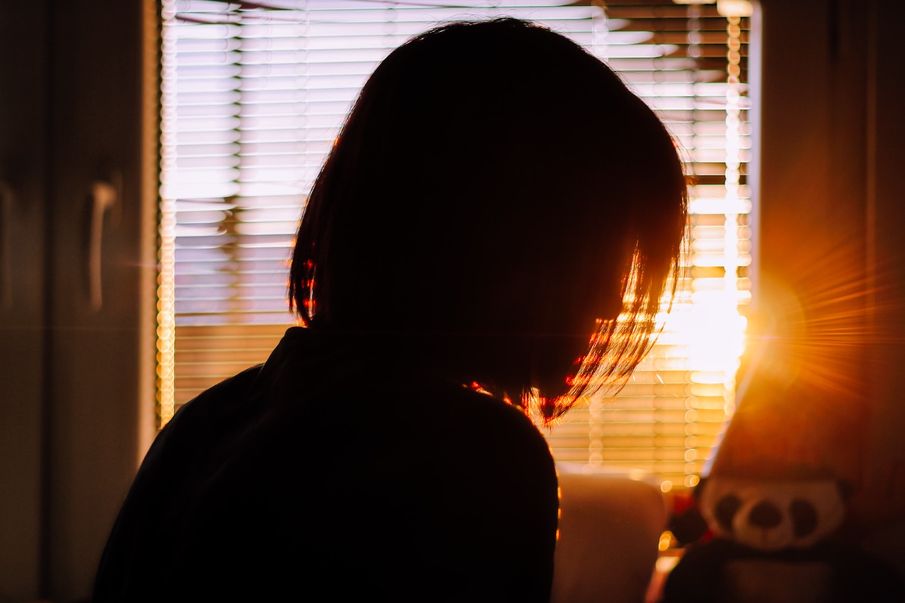Hope Virgo, mental health campaigner and author of Stand Tall Little Girl shares the impact COVID-19 has had on her thoughts around recovery
There’s no hiding from this. For people with eating disorders, the uncertainty around the coronavirus outbreak is going to be hard. And to be honest, I am slightly nervous about it too. When we face crisis and periods of mass upheaval we can start to notice the cracks in our recovery. We start to feel out of control; so we do what we can to think we’re back in control.
Over the last few weeks watching the news unfold, I felt out of control and out of my comfort zone. I freelance and as the hours started to rack up, people started cancelling or postponing work. For so many this seemed like the best option for their business, but for me it fuelled the fear.
The fear that I’m not good enough, the fear of money running out, the fear of this never ending... my brain began to catastrophise everything. On top of this I was dealing with the fact I’m going to be at home a lot, asking myself: Will I be able to exercise at all? Will I be able to get the food I like or will it just be my ‘unsafe’ foods left on the shelf?
Then feeling guilty because I feel this way. And actually I am lucky, I have a family, friends, a flat…
These feelings bubbled away at the start. I felt frustrated and annoyed at people who didn’t understand the impact this was having on me, and annoyed that very few people actually stopped to ask me how I was feeling.
As each day began, I resorted to my 'fix fix fix' mentality. Fixing everyone else, listening to others. I started to offer my support left, right and centre to others (anyone else doing this?). While I chose to do this, I soon noticed warning signs appear. One morning I woke up, felt really weepy and out of control only to find myself thinking about calories. I felt ashamed to admit that but I immediately texted my friend Louisa.
Yes, there may be some cracks in my recovery that are appearing now, but the cracks don’t mean anorexia has won. The cracks don’t mean I am weak. What it means instead is I need to get back on top of it. I need to up my game plan and stay focussed on recovery.
Here’s what I did next (and I really hope those struggling with food during this time are able to take some comfort in this).

Found acceptance
I accepted what was happening and that whether people cancel talks, postpone them or agree to do them remotely (that’s the dream!) it will all be okay.
Created a routine for the day
This has helped prevent burn out, ensure I work limited hours and focus on different things each day so I feel like I’m achieving things. This includes making sure I shower and get dressed every day.
Went to the shops and got some food I like
I didn’t stockpile this food, but got some essentials. I know that for a lot of us with eating disorders this fear of stockpiling is really tough. We have the fear of not finding foods that work for us, or fears of trying to be “smart” and then restricting our intake. None of this is helpful.
I realised this was going to be an issue so put a plan in place that included getting a few essentials and working out why some foods were “scarier” than others. There will potentially be a point when I have to challenge myself in the future, but I know when that happens – even if it distresses me – I can get through it. It’s also worth realising (in a non-patronising way) that the foods we find scary are likely for irrational reasons.
Addressed my feelings around exercise
Yes, it feels scary not knowing if there will come a point when I won’t be able to go for a run. When I started to notice these feelings I was afraid of that being a marker of my illness still being there. I know I need to be mindful of this but for me now it is about being okay stopping and doing nothing. There are workouts online I can do a few times in the week if necessary too.

Firmed up my support network
We all need people around us that we can trust and be honest with. Having this network set up during this time is critical – people that can keep an eye on us if we need it, people who check in with us and take our feelings seriously. I struggle with this as I’m normally the fixer, the strong one, but do you know what? It’s okay to need that extra support.
For me, firming up my support network also involved having a remote therapy session which was absolutely brilliant. I was slightly nervous about this as I wasn't really sure what to expect and I was worried about it being awkward in places.
What I did though, was make a list beforehand of what I wanted to discuss and found a quiet spot in my garden with a cup of tea. I took my nail varnish out so I could paint my nails at the same time (the reason I did this was because I was worried about getting distracted if something popped up on the screen), and following therapy I gave myself 30 minutes to write and think. It really helped.
Focused on my motivation for staying well
As the eating disorder sucks you back in it can feel like no one else can help. For me that seemed true when I felt those around me weren’t taking my feelings seriously, but anorexia won’t solve that. In fact, it will make things worse, that I can guarantee. Instead of listening to that nasty manipulative voice in your head, be honest with people. If you struggle to talk, write or email – but be direct.
The fear for me was there for so long. The fear of my eating patterns changing. The fear that I might put on weight if I ate something I deemed unsafe.
But the fear passes. It tried to creep back again... but I know it will never win.
If you're finding it difficult to manage your eating disorder now, Counselling Directory lists over 11,000 counsellors who can support you online or by telephone.
Follow Hope on Twitter and Instagram.


Comments